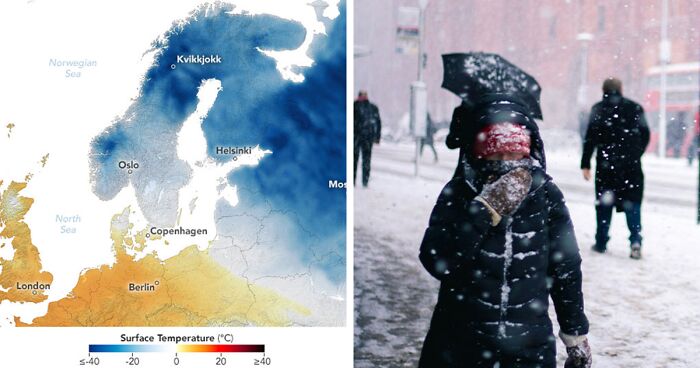
Atmospheric Scientist Points To Difference Between Weather And Climate Amidst Extreme Winter
Interview With ExpertYes, some regions in the world have hit record-breaking low temperatures this winter, and no, this does not mean global warming isn’t a thing, experts affirmed and explained why. This month, Sweden’s air temperatures have plummeted to as low as -43.6°C (-46.5°F), marking the coldest January temperature recorded in the country in 25 years, according to AP News.
- Experts affirm cold weather doesn't disprove climate change.
- Sweden and Norway experienced record-low temperatures this January.
- Cold extremes becoming less common, but still possible globally.
Meanwhile, in the Norwegian capital of Oslo, the thermometer dipped below -30°C (-22°F) for the first time in recorded history, while 15 other record colds were set across Eastern Norway, Life In Norway reported.
Experts confirmed that just because countries have experienced extreme colds, doesn’t mean climate change isn’t real
Image credits: NASA Earth Observatory/Lauren Dauphin
As snowfall shut down train lines and strong winds delayed a ferry carrying approximately 900 passengers from docking in Copenhagen, Denmark, air temperatures dropped to about -20°C (-4°F) in the Finnish capital city of Helsinki.
The extreme cold weather wasn’t limited to the European Nordic countries this January, as an Arctic air extended into western Russia, reportedly reaching -30°C (-22°F) in Moscow, which is well below the average January low temperature of -12°C (10°F).
Moreover, heavy snow accumulation and high winds accompanied the biting cold, disrupted travel, caused power outages, and forced school closures, as per NASA Earth Observatory.
Image credits: NASA Earth Observatory/Michala Garrison
All in the same month, a reported hundreds of cars became stuck overnight on highways in Sweden and Denmark amid treacherous conditions and hazardous weather arrived in Scandinavia as the U.K. was coping with rain and wind brought in by Storm Henk.
Record-breaking cold has also affected North America. Nearly 80% of the USA is expecting to see below-freezing temperatures, with over 140 daily record colds anticipated to be broken, CNN reported this week.
And despite more cold spells predicted to continue, it is easy to forget the climate change in it all.
In the Norwegian capital of Oslo, the thermometer dipped below -30°C (-22°F) for the first time in recorded history
Image credits: Les Anderson/Unsplash
According to John Marsham, a professor of atmospheric science at the University of Leeds, the weather in the UK depends on which direction the wind is coming from, and that doesn’t mean that we are not facing critical global warming.
Professor Marsham told Bored Panda in an email: “Climate change has increased the global average temperature, but in the UK, we still see cold and warm spells: if we’re in colder northerlies, somewhere else is in warmer southerlies.”
He continued: “Climate change increases hot extremes, as we experienced in the summer of 2022, and overall reduces cold ones.
Image credits: Jessica Irani/Unsplash
“Interestingly though, climate change may perhaps lead to more frequent events of the kind we saw with the “Beast from the East” – as the Arctic warms faster than the regions to its south, which may change our weather patterns.”
The Beast From the East was a storm that began in February 2018 and brought a cold wave to Great Britain and Ireland.
Anthony Broccoli, a professor of atmospheric science at Rutgers University in New Jersey, USA, also affirmed that climate change does not eliminate cold winter weather. It only reduces its probability of occurring.
All in the same month, a reported hundreds of cars became stuck overnight on highways in Sweden and Denmark amid treacherous conditions
Image credits: Patino Jhon/Unpslash
“Climate data show that warm extremes have become more common and cold extremes less common, but that does not mean that cold extremes will never occur,” Professor Broccoli told Bored Panda in an email.
He further explained: “Weather can be highly variable, and cold winters can still occur from time to time in a warming world.
“When a region is unusually cold, it is typically because the weather pattern is conducive to transporting air from the high Arctic into that region.”
Image credits: Flow Clark/Unplash
The expert went on to admit that it was a common occurrence for some public figures to use a spell of wintry weather to argue that climate change isn’t happening.
For instance, Republican Colorado Representative Lauren Boebert infamously wrote on X (formerly known as Twitter) on Monday (January 14): “You’ve got to appreciate the irony of climate protestors trudging through a foot of snow and -30 degree wind chills to yell about how the planet is warming. They just don’t see it, do they?”
However, to those mocking climate protesters, Professor Broccoli said: “Perhaps they genuinely don’t understand the difference between weather and climate, or perhaps they know better but are hoping that their audience will not recognize the fallacy.”
Record-breaking cold has also affected North America, with early 80% of the USA is expecting to see below-freezing temperatures
Image credits: Colin Lloyd/Unsplash
A joint publication of the Royal Society and The U.S. National Academy of Sciences addressed the confusion, stating that: “global warming is a long-term trend, but that does not mean that every year will be warmer than the previous one.”
It further explained: “Day-to-day and year-to-year changes in weather patterns will continue to produce some unusually cold days and nights and winters and summers, even as the climate warms.”
Image credits: orva studio/Unsplash
The publication mentioned La Niña events, which shift weather patterns so that some regions are made wetter, and wet summers are generally cooler.
The complex weather pattern also creates stronger winds from polar regions, which can contribute to an occasional colder winter.
Using data starting in 1880, NASA’s records show that 2023 was the hottest year globally, even if individual locations didn’t experience the effects of the record-warm year
View this post on Instagram
Poll Question
Thanks! Check out the results:
Yes, we are in a cold cycle, even in Australia where it's summer, it's the wettest on record. The interior and West are still dry though and hot. The point is the cycles are getting more extreme, hottest ever, driest ever, coldest ever, wettest ever, that's a daily chant by meteorologists everywhere...it getting obvious the climate is way out wack and we will suffer the consequences whether we drown or burn.
Exactly right. The overall warming means more energy in the system overall. When that happens you get wild fluctuations. Just like we're seeing.
Load More Replies...And while people up there are freezing, down here in Latin America we are scorching. I live in Bogotá, the nickname for this city is "La Nevera" (The refrigerator) but january has been HOT. We are currently at 22°C, this is not normal 🔥
I wish people do not downvote Manana Man, it is normal to not understand the temperature of places that don’t have seasons and its consequences. I know 22 is not ULTRA hot, but for a city that doesn’t have seasons and the average temperature the whole year is between 16 and 18 those extra degrees are really bad. I think we have 5 different types of ecosystems just in Bogotá and its surrounding areas. We have Frailejones, an incredible plant that you can only find in 4 countries in the entire world. Change the temperature and those plants and ecosystems won’t survive because they are extremely delicate and need the same weather conditions the whole year. Imagine the loss for the planet if all these ecosystems die.
Load More Replies...Yes, we are in a cold cycle, even in Australia where it's summer, it's the wettest on record. The interior and West are still dry though and hot. The point is the cycles are getting more extreme, hottest ever, driest ever, coldest ever, wettest ever, that's a daily chant by meteorologists everywhere...it getting obvious the climate is way out wack and we will suffer the consequences whether we drown or burn.
Exactly right. The overall warming means more energy in the system overall. When that happens you get wild fluctuations. Just like we're seeing.
Load More Replies...And while people up there are freezing, down here in Latin America we are scorching. I live in Bogotá, the nickname for this city is "La Nevera" (The refrigerator) but january has been HOT. We are currently at 22°C, this is not normal 🔥
I wish people do not downvote Manana Man, it is normal to not understand the temperature of places that don’t have seasons and its consequences. I know 22 is not ULTRA hot, but for a city that doesn’t have seasons and the average temperature the whole year is between 16 and 18 those extra degrees are really bad. I think we have 5 different types of ecosystems just in Bogotá and its surrounding areas. We have Frailejones, an incredible plant that you can only find in 4 countries in the entire world. Change the temperature and those plants and ecosystems won’t survive because they are extremely delicate and need the same weather conditions the whole year. Imagine the loss for the planet if all these ecosystems die.
Load More Replies...
 Dark Mode
Dark Mode 

 No fees, cancel anytime
No fees, cancel anytime 






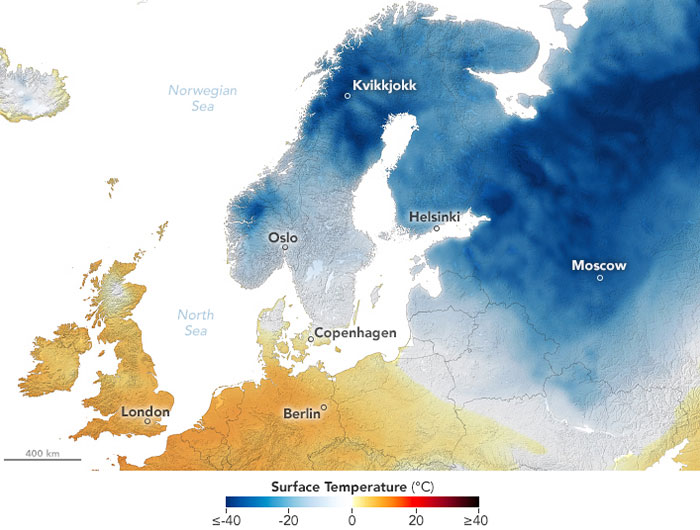
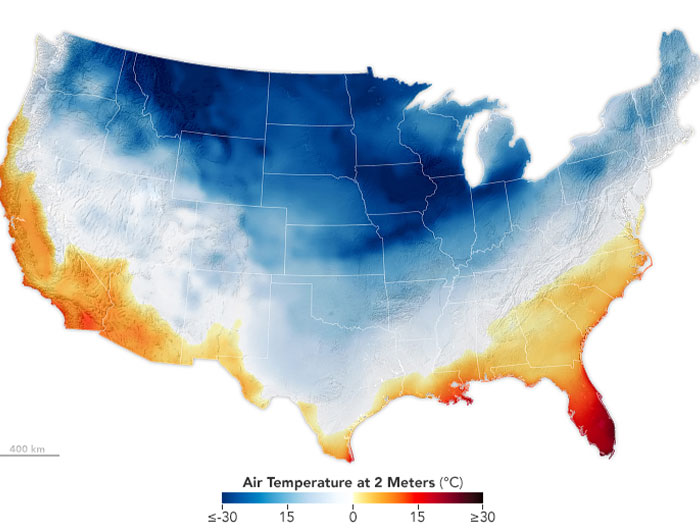
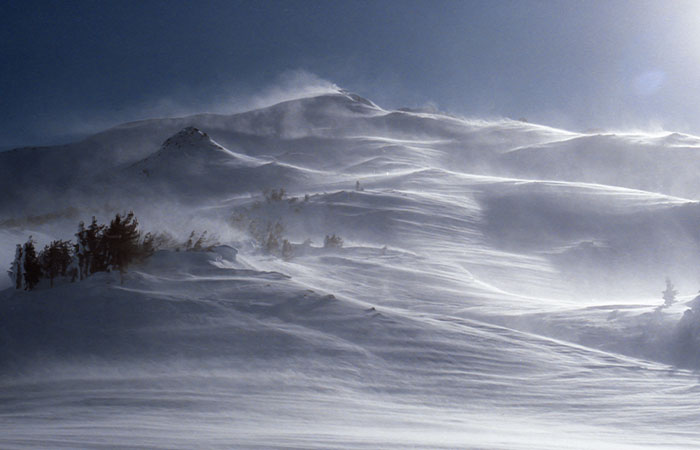
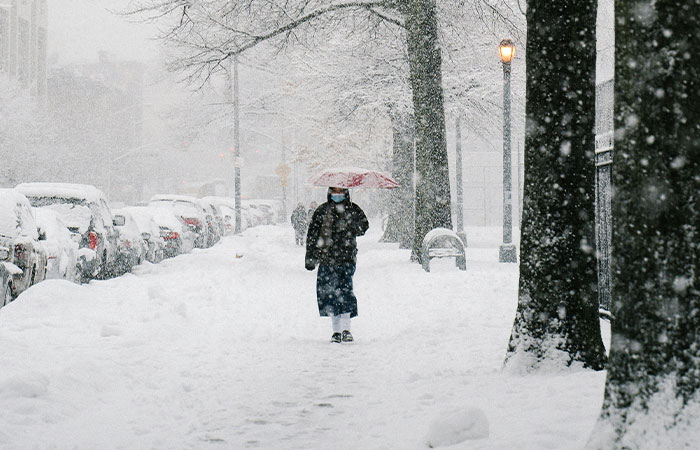
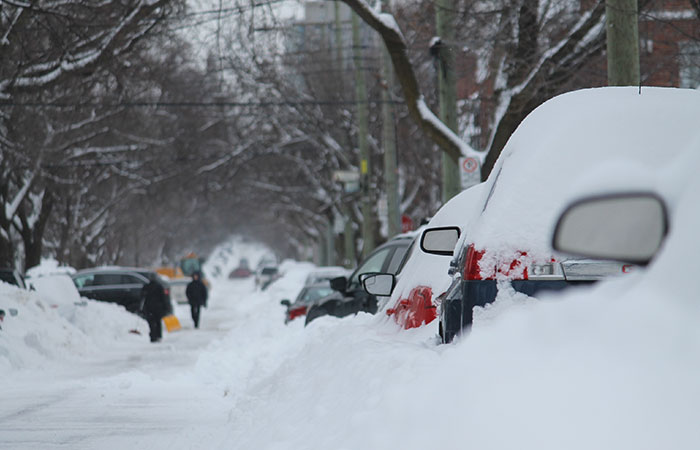
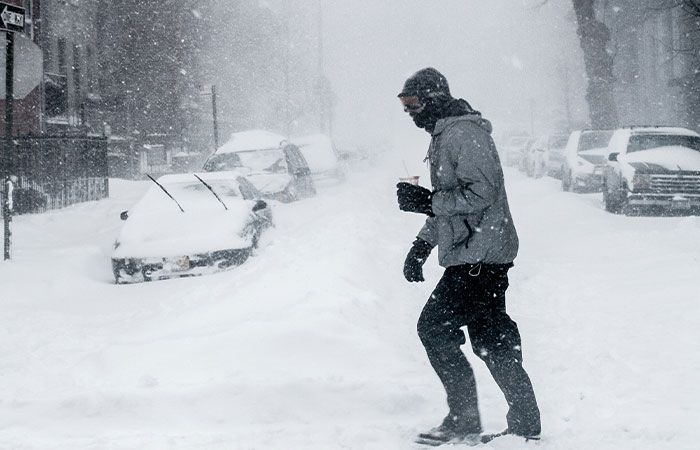
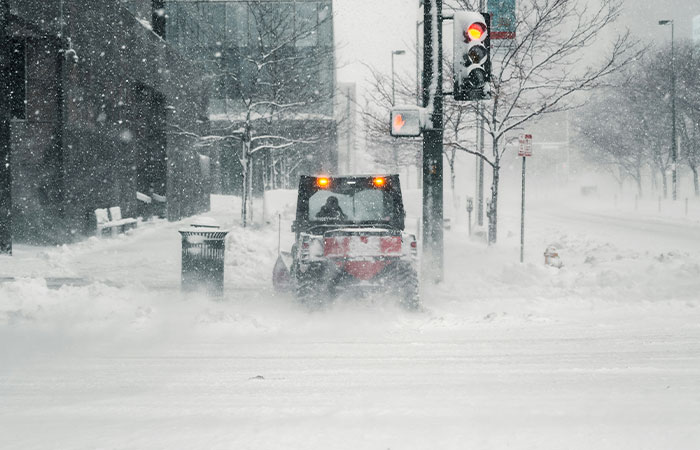
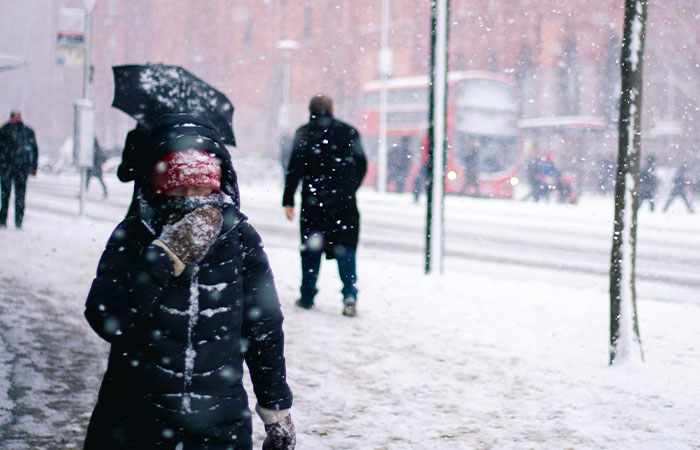









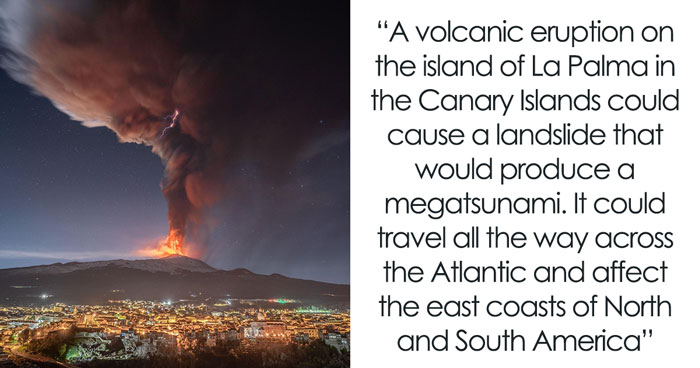


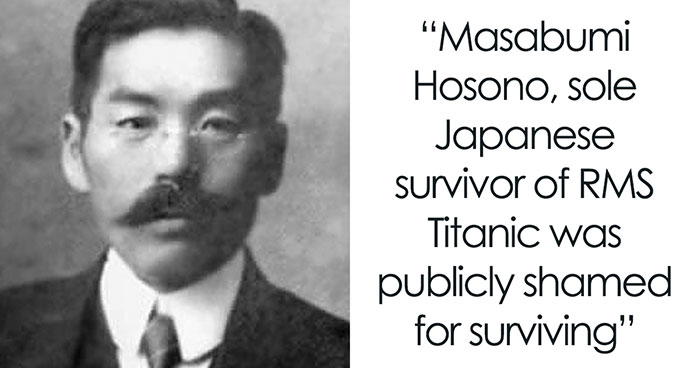






























59
49